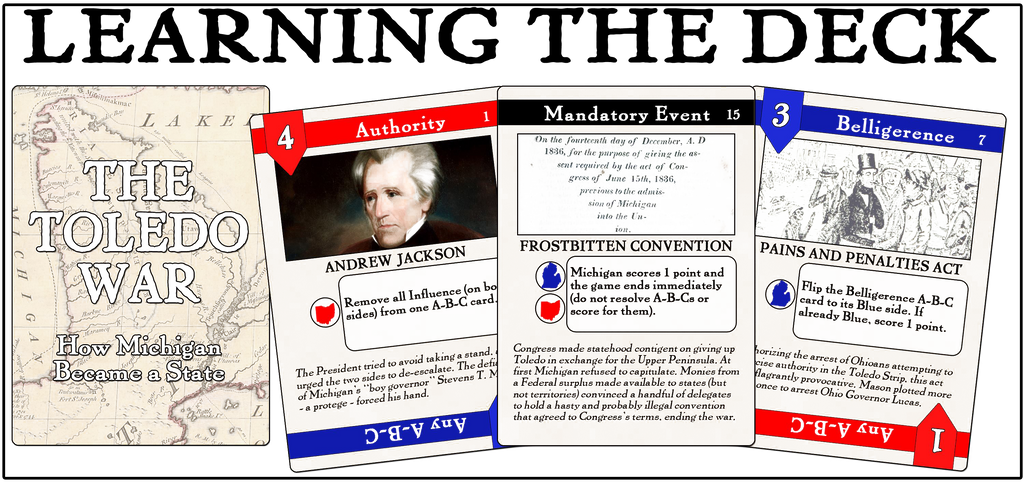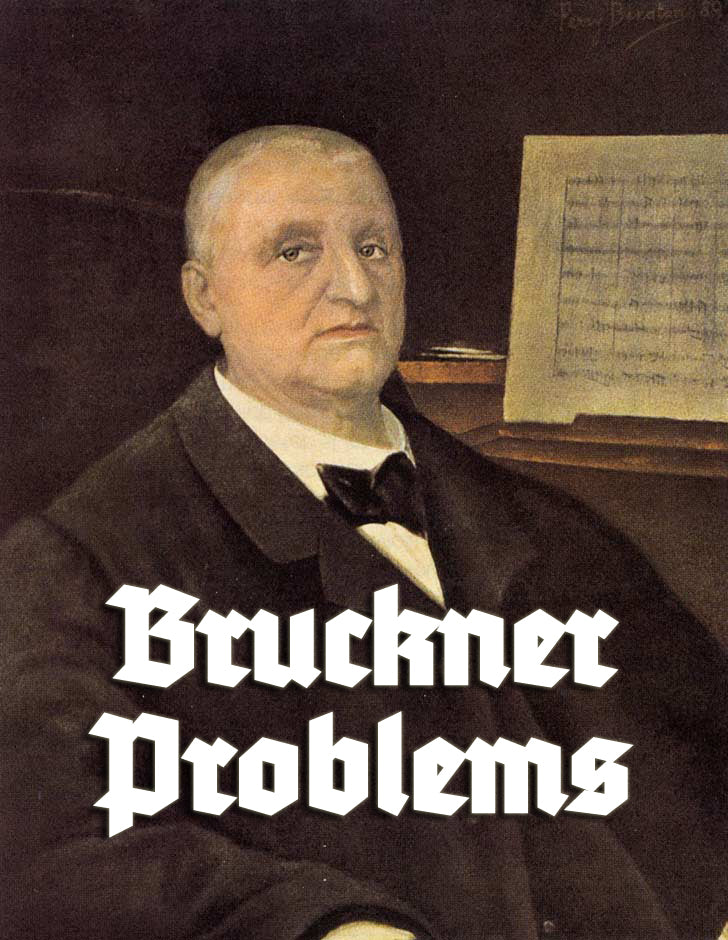Hollandazed: Thoughts, Ideas, and Miscellany — game design
LEARNING THE DECK (by Tom Russell)

One of the things that irks people about card-driven wargames is the fact that someone who has learned the deck - who knows what events are in there and what events aren't - has an advantage over someone who hasn't. If I place a bunch of troops or influence or whatever in Spain, but there's a card in the deck (maybe even in my opponent's hand!) that wipes out all the troops, influence, or whatever that are in Spain, it's maybe not such a great idea to pile my pieces into the Iberian peninsula, but I have no way of...
FROM THE ARCHIVES: DOUBTS (by Tom Russell)

When my first few games were published, I wasn't very sure of myself, my abilities, or my judgment. I was constantly afraid that a game would come out and gamers would immediately discover some glaring and obvious hole in the rules that had somehow gotten overlooked. Then I'd be the guy who had designed a broken game. But you do enough of these things and you'll start to build up your confidence. After six years of working in the games industry, I have worked on nearly fifty games in some capacity or another, mostly as a designer or as a...
FROM THE ARCHIVES: FORESTS AND TREES (by Tom Russell)

ears ago, when I had delusions of being a euro-game designer, I designed a game about monks in the dark ages copying the masterworks of antiquity. There was something like nine different actions a player could take, which were all somewhat related to one another. The crux of the game is that each player started with an identical set of action tiles, which they added to as they bought and placed new tiles, increasing the actions that were available to them (and, eventually, to other players). And so the rules for the game began by explaining the components and the...
PACING (by Tom Russell)

Many of my games are short. Probably the quickest is Northern Pacific, published in 2012 by Winsome and reprinted in 2018 by Rio Grande, a single round of which takes maybe five minutes. Most of my other games top out at about an hour or so, and a key part of the development process is making the thing faster, simpler, and more streamlined. Partially this is a function of the kinds of games I'm interested in making. A lot of my games are comically fragile - one mistake and you're done for. If the game keeps going for another couple...
BRUCKNER PROBLEMS (by Tom Russell)

Perhaps unique among nineteenth century Germanic composers, Anton Bruckner was by all accounts humble, good-natured, and easy to get along with. No towering mad genius driven by violent passions and ego, he! Our boy Anton was soft-spoken, often naïve, awkward, and he was self-deprecating to the point where he thought that his own music was utterly worthless. He was very solicitous of, and susceptible to, the criticism and input of his friends, which he often implemented, to the point where there are multiple and contradictory versions of all his major works. This has led to what is sometimes known as...
